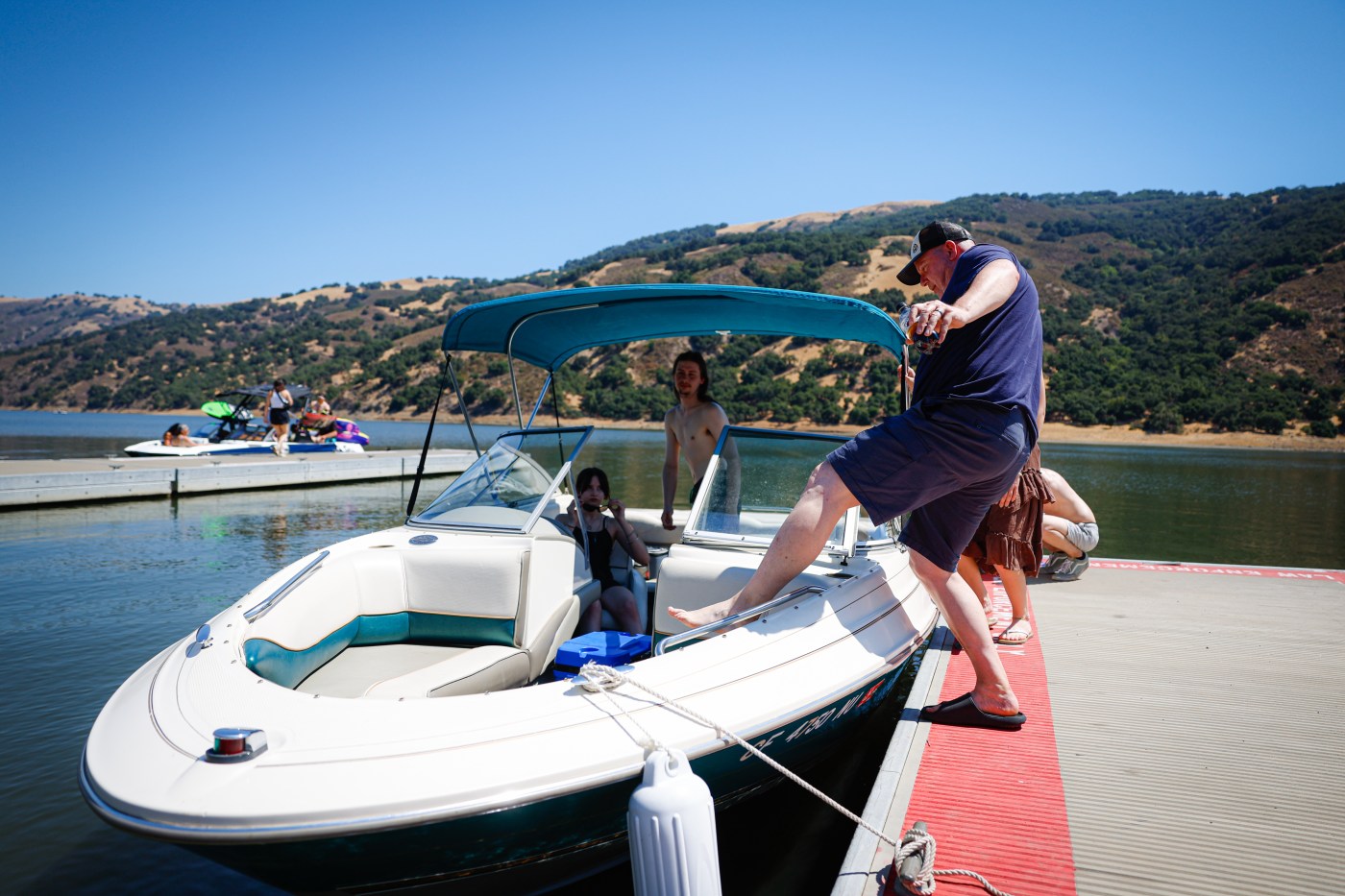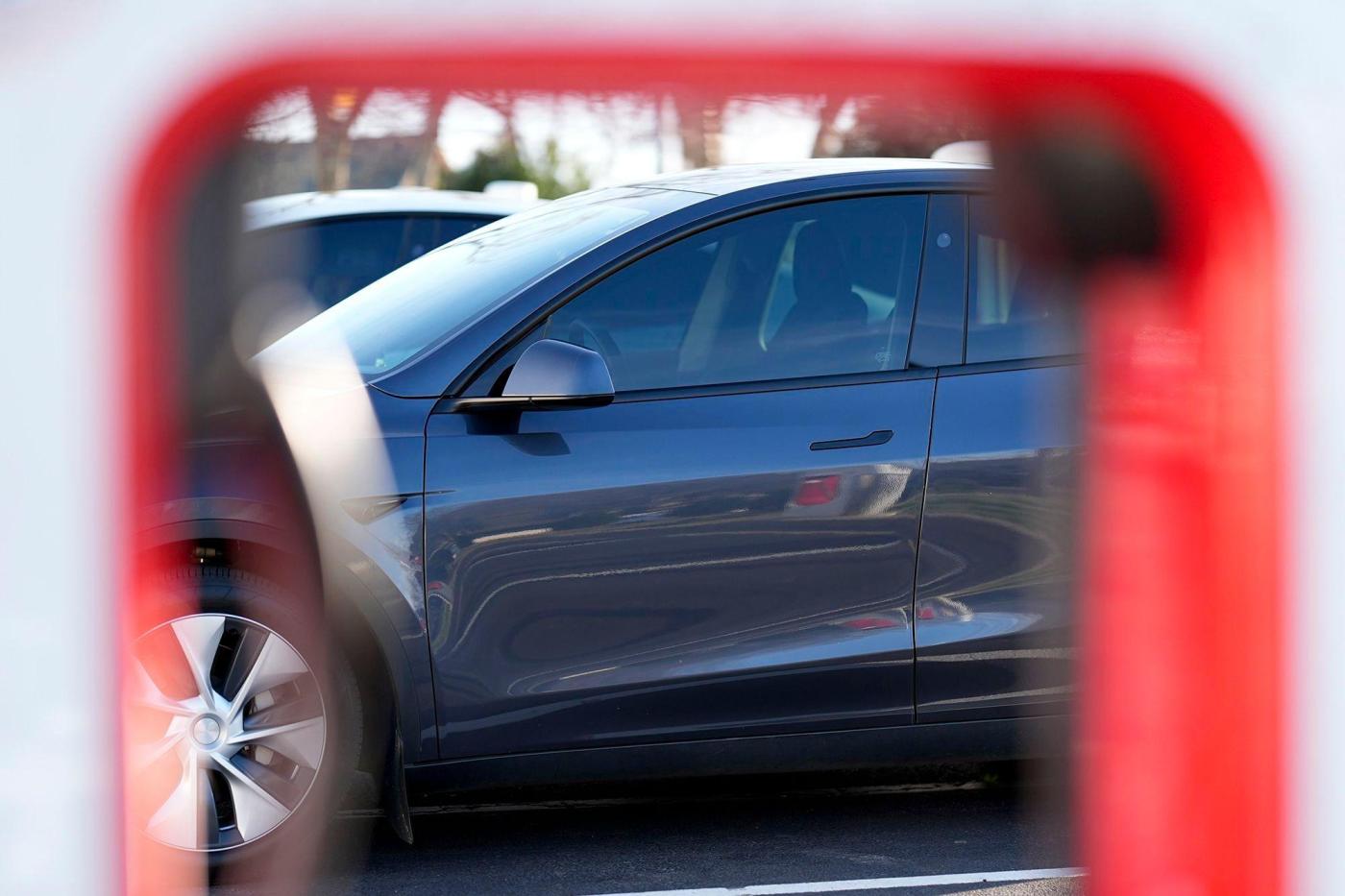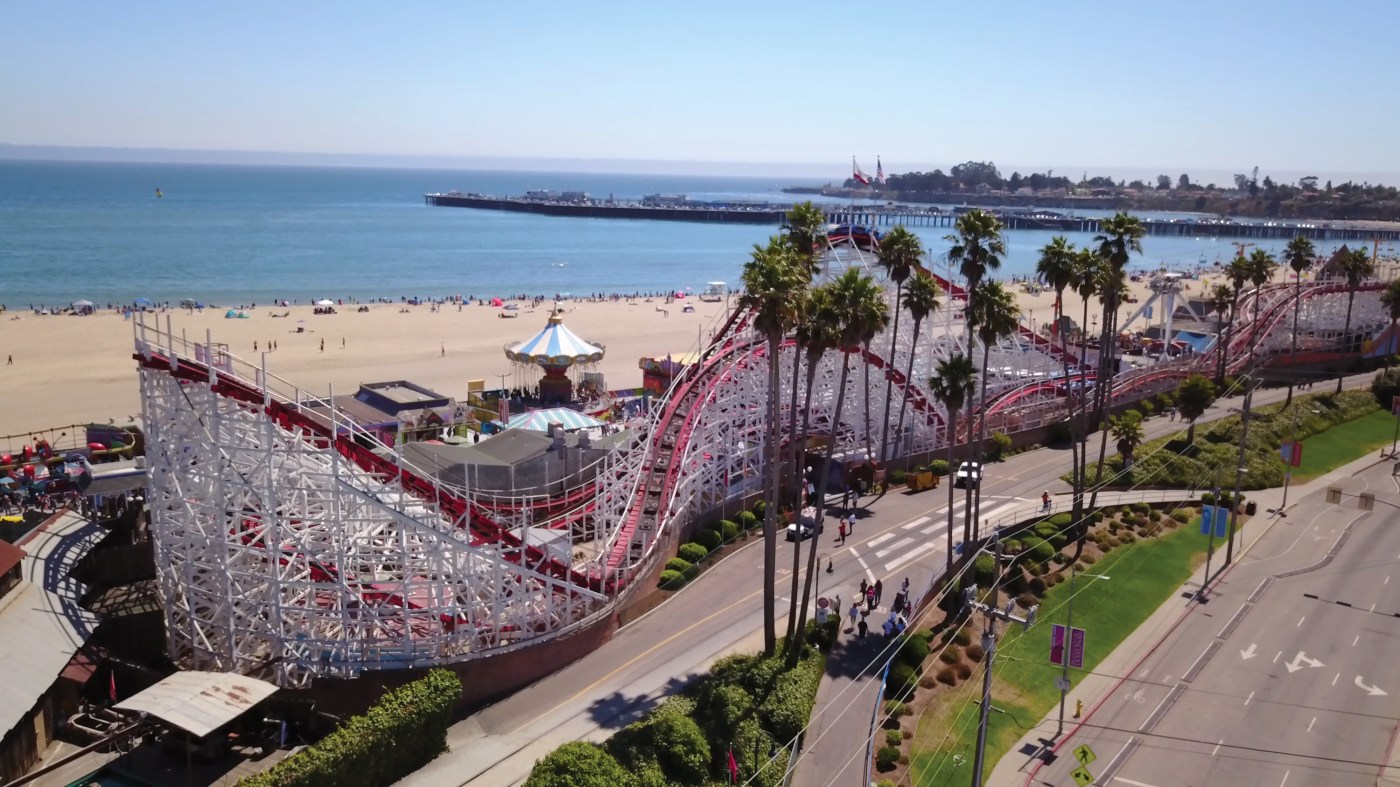The owners of a power boat that capsized last month at Lake Tahoe during a sudden violent storm, killing eight people in a tragedy that drew national attention, had both completed a boating course and passed a safety exam as required under California state law.
Josh Pickles, 37, of San Francisco, received a state boater card last October, and his father, Terry Pickles, 73, of Redwood City, was issued a state boater card in January, certifying that they successfully passed the mandatory exam, according to records at the California Division of Boating and Waterways.
Related Articles
Joe Montana endorses 49ers paying Purdy: ‘It’s not like he hasn’t done the job’
Kyle Juszczyk hasn’t forgotten ‘three worst days of my life’ amid 49ers free agency
Steph Curry in wait-and-see mode on Tahoe golf reign — and Warriors tenure
Steph Curry’s encore at Tahoe celebrity golf tourney motivates others to ace Edgewood
‘Awesome sense of place’: Settlement ends long-running Lake Tahoe development battle
But they are in the minority. Only about 45% of California boaters who are required under the law to complete the safety course and carry a card proving it have actually done so, according to Adeline Yee, a spokeswoman for the agency.
Supporters of the program say more needs to be done to raise awareness and increase enforcement, particularly as thousands of people head out this summer across California on lakes, rivers and bays.
“Forty-five percent? That’s not good enough,” said U.S. Rep. Mark DeSaulnier, D-Walnut Creek.
DeSaulnier wrote the law mandating the safety course for power boat operators when he was a state senator in Sacramento in 2014, following a series of high-profile boating deaths. Former Gov. Jerry Brown signed it. At the time, California was one of only five states in America that required no safety training for recreational boat operators.
“I had hoped it would make the waterways safer,” DeSaulnier said.
His co-author, former state Sen. Bill Monning, agreed.
“It’s a disappointment that less than half the people who should have pursued the training and certification have done it,” said Monning, a Carmel attorney. “We are safer now because half the boaters have passed it. But it seems we need a more aggressive outreach and promotion effort.”
Yee said there are roughly 610,000 registered boats in California, and 382,632 people have so far passed the safety course and been issued a card. Several people own more than one boat.
In the Tahoe case, investigators have released little information, including the El Dorado County Sheriff’s Department, which is leading the investigation. Its spokesman, Sgt. Kyle Parker, did not return emails or calls this week seeking an update.
Josh Pickles, an executive at DoorDash in San Francisco, was taking his mother, Paula Bozinovich, on a boating trip for her birthday. He and his father bought the boat, which seated 10, last year and had only taken it out twice until the fateful day June 21.
Family spokesman Sam Singer said the 27-foot Chris-Craft boat capsized after strong winds and rough waves swamped it off D.L. Bliss State Park, disabling the motor. Two survivors were rescued, and both were wearing life jackets. The El Dorado Sheriff’s office and the National Transportation Safety Board have not said if the eight people who died were wearing life jackets.
Some power boats can travel 50 mph or more. In California, anyone 16 or older can operate them, and alcohol, high speed and lack of training are common causes of injuries and deaths.
Since the 1990s, California has seen a drop in recreational boating accidents. But that downward trend has leveled off in recent years.
Last year, 46 people were killed in boating accidents in California, according to the state Division of Boating and Waterways, more than any year since 2017.
And California’s accident rate remains higher than the national average — 7.5 deaths per 100,000 registered boats in 2024, compared with 4.8 nationally, according to Coast Guard statistics.
Officials at the state Division of Boating and Waterways say they are working hard to promote the new safety law, which fully took effect Jan. 1. They appear at boat shows, county fairs and other events, and operate a website, Californiaboatercard.com.
People get ready to launch their motorboats from the Antioch Marina launching ramp in Antioch, Calif., on Friday, July 11, 2025. (Ray Chavez/Bay Area News Group)
The law was phased in for the youngest boat operators first, starting in 2018. But when COVID hit, many of the in-person events ended.
“Since COVID restrictions were lifted, the Division of Boating and Waterways has expanded its in-person outreach efforts to raise public awareness about the California Boater Card and is working with law enforcement agencies to make sure vessel operators are aware of the program,” said Ramona Fernandez, deputy director of the division, in an emailed statement. “DBW will continue to gather and study reported accident data in the future, now that the program has been fully implemented.”
The course can be taken online at Californiaboatercard.com. It takes at least three hours, and covers multiple topics, from navigational rules to capsizing, rescuing people overboard, grounding, fires and collisions.
Boater cards cost $10 and are valid for life. If boaters are stopped by police and aren’t carrying one, they can be fined $100 for the first offense, $250 for the second and $500 after that.
The law does not apply to sailboats, kayaks or rowboats, or people with a commercial fishing license, or out-of-state boaters.
Now that all age groups of power boat operators are covered, police say they are moving from warnings to tickets.
“The word still needs to get out,” said Doug Powell, who has worked since 1999 with the Contra Costa County Sheriff’s Department on boating enforcement. “This weekend, I was at a marina and I had a ski boat slide through within 20 feet of other boats when we were fueling at the docks. I stopped him and asked if he had a California boater card. The answer was no.”
State law does not require boat dealers or the DMV to check for a boater card. And at many marinas, workers don’t check either.
Powell said lawmakers should require rental boat operators to complete a basic safety course, something that was in the 2014 bill but removed after opposition from the rental industry.
“I don’t want to be boating next to somebody who doesn’t know who has the right of way,” he said. “It’s extremely dangerous. We have to get the education out there.”
On Friday, boaters were out at Coyote Lake County Park near Gilroy. Rick Burden, 53, of Morgan Hill, was putting a 22-foot power boat he bought last year in the lake to go tubing with his family. He said he took the boating course online and passed.
“It took me about 6 hours,” he said. “I was cursing it, but I learned a ton. If it prevents people from getting hurt, I think it is worth it.”
Rick Burden, of Morgan Hill, shows his boat card before launching his boat at Coyote Lake County Park in Morgan Hill, Calif., on Friday, July 11, 2025.(Shae Hammond/Bay Area News Group)





